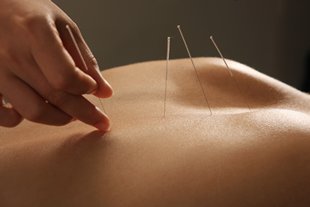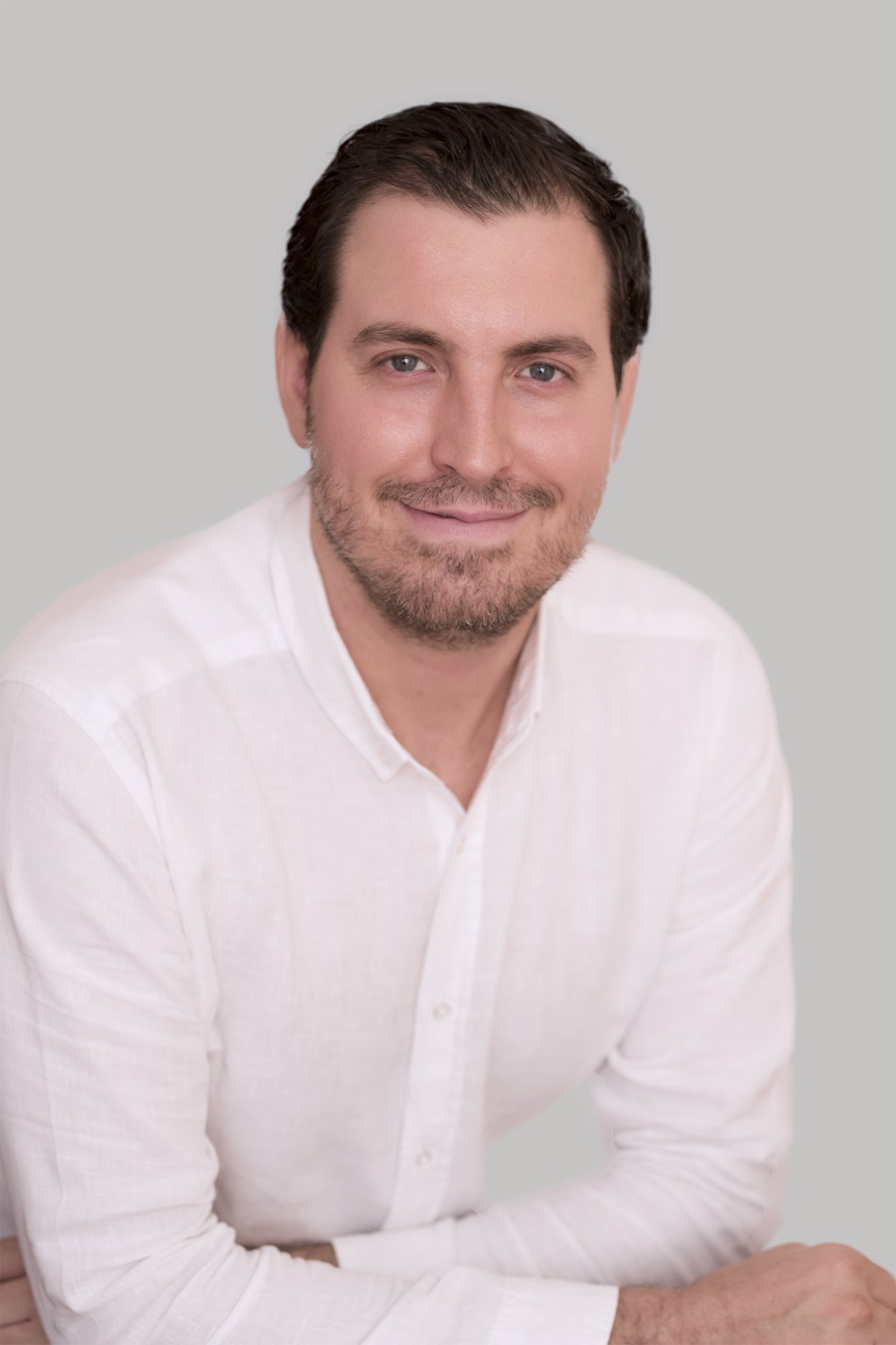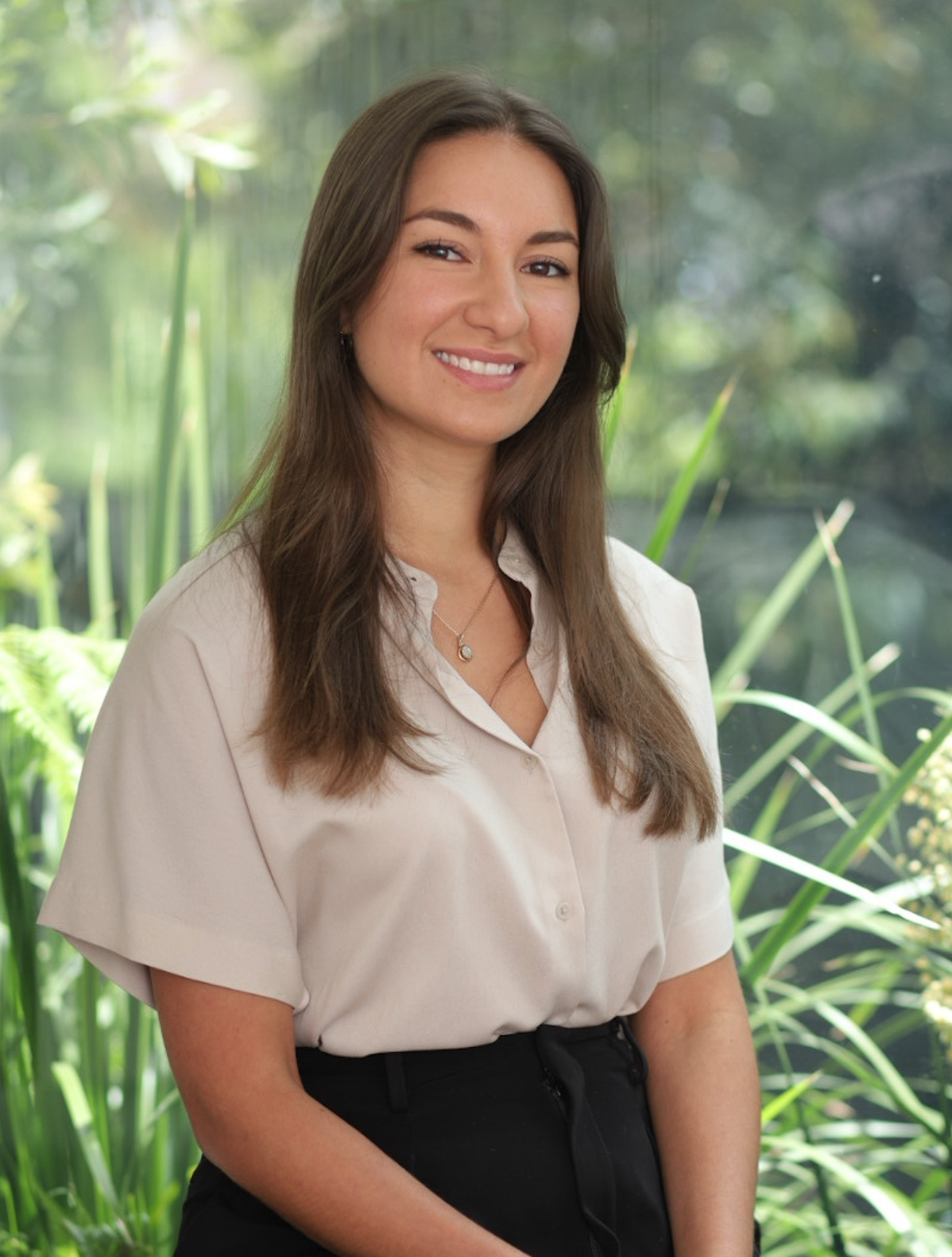Acupuncture in Sydney
Peter and Veronika are highly qualified practitioners of acupuncture in Sydney. They are available for in-clinic acupuncture sessions, you can book an appointment here.
Thinking about Acupuncture in Sydney?
Acupuncture and Chinese medicine practices take a holistic view of health. They operate under the knowledge that all aspects of wellbeing; emotional, physical and psychological, are intrinsically linked. Therefore, addressing one of these elements inevitably affects the others. For example, a client who has come in for treatment for chronic back pain may find that they experience an elevated mood after each session.
Therefore, taking a holistic approach, our acupuncturists will treat you in your entirety – as a person with a life story, not just a collection of symptoms.
Our acupuncturists, Peter and Veronika, are registered practitioners of Chinese medicine and acupuncture in Sydney.
Acupuncture is an AHPRA registered profession
In Australia, Acupuncture is an officially recognised and regulated practice. All acupuncturists are required to complete a four year degree in Chinese medicine. In order to practice, acupuncturists must gain accreditation from the Australian Health Practitioner Registration Authority (AHPRA), the same body which certifies medical doctors. Therefore, like other health professionals, acupuncturists are highly qualified practitioners who are regulated by strict industry standards.
Traditional Chinese medicine offers holistic treatments which have stood the test of time. Acupuncture originated thousands of year ago in China, and has now become one of the oldest and most popular healing systems worldwide. Acupuncture continues to develop alongside modern medicine, with more and more of its healing benefits being studied and backed by scientific evidence.
Acupuncture’s Health Benefits
Scientific evidence supports the effectiveness of acupuncture for treating a range of health conditions. In 2017, the Acupuncture Evidence Project conducted a major review of high-quality scientific literature. This was an important step for the Chinese medicine profession. Currently, new projects are being undertaken to continue to evaluate the efficacy of acupuncture. Here are some of the findings from the Acupuncture Evidence Project.
Significant evidence for the use of acupuncture in;
Allergic rhinitis (perennial & seasonal), knee osteoarthritis, chemotherapy-induced nausea and vomiting (with anti-emetics), migraine prophylaxis, chronic lower back pain, postoperative nausea & vomiting, headache (tension-type and chronic), postoperative pain.
Acupuncture shows positive effects for treating;
Acute lower back pain, acute stroke, ambulatory anaesthesia, anxiety, aromatase-inhibitor-induced arthralgia, asthma in adults, back or pelvic pain during pregnancy, cancer pain, cancer-related fatigue, constipation, craniotomy anaesthesia, depression (with antidepressants), dry eye, hypertension (with medication), insomnia, irritable bowel syndrome, labour pain, lateral elbow pain, menopausal hot flushes, modulating sensory perception thresholds, neck pain (NAD, not WAD), obesity, peri-menopausal & post-menopausal insomnia, plantar heel pain, post-stroke insomnia, post-stroke shoulder pain, post-stroke spasticity, post traumatic stress disorder, prostatitis pain / chronic pelvic pain syndrome, recovery after colorectal cancer resection, restless leg syndrome, schizophrenia (with anti-psychotics), sciatica, shoulder impingement syndrome (early stage; with exercise), shoulder pain, smoking cessation (up to 3 months), stroke rehabilitation, TMJ (jaw) pain.
Less evidence exists for the usefulness of acupuncture exists for other conditions, so acupuncture has a lot of room for more research. There is sometimes wriggle room between research on acupuncture and what practitioners find to work clinically. It is always worth asking Peter or Veronika if they have experience with the problem you are seeking help for. For example, irregular or painful periods, endometriosis, PCOS, other hormonal issues, fertility concerns, back pain, anxiety, depression and digestive disorders.
Remember that Peter and Veronika offer free 15-minute phone appointments to discuss whether acupuncture and Chinese medicine could help you. You can book your appointment for Acupuncture in Sydney, here.
How does it work?
The million-dollar question. The answer to this really depends on who you ask, and if you want to know how it works according to Chinese medicine theory or science. However, most people like to start with science, so let’s start with that.
How does acupuncture work according to science?
There are several theories on how acupuncture actually works through the lens of science. One theory puts forward that the majority of acupuncture points are located in close proximity to neural structures, suggesting that acupuncture works by stimulating the nervous system. Another theory suggests that acupuncture stimulates endorphins in the body, which encourages its healing function.
The Acupuncture Evidence Project discusses this in more detail, which can be accessed here.
How does acupuncture work according to Chinese medicine theory?
Here is a quick summary of the two fundamental theories in Chinese medicine for those interested in its roots –
Yin and Yang
Firstly, acupuncture aims to balance yin and yang to achieve harmony within the physiological and energetic systems of the body. Balancing yin and yang brings our body back to homeostasis.
Yin and yang are two opposing forces in nature that are present in everything, including the body. These forces co-exist, are mutually dependent and relative to each other. In Chinese medicine theory, you cannot have yin without yang, and vice versa. Every person has both, but only when these forces are balanced can you experience good health and wellbeing. To give a basic example or interpretation of yin and yang, one could describe yin as water and fluids in the body, while yang represents heat and energy.
Another simple example is the balance of tension and relaxation in the muscular system. Without a balance of these two principles, the body could not move harmoniously.
A final example is the balance of the sympathetic (‘fight or flight’) and parasympathetic (‘rest and digest’) divisions of the nervous system. Their balance is fundamental for the body to work in harmony, and not be stressed or fatigued.
Five Element Theory
The other fundamental theory Chinese medicine is based on is the Five Element Theory. According to ancient Chinese wisdom, all things in the natural world are influenced by the Five Elements – Fire, Earth, Metal, Water and Wood. In the body, these elements correlate to organ groupings: Heart and Small Intestine, Pericardium and San Jiao (Fire), Spleen-Pancreas and Stomach (Earth), Lungs and Large Intestine (Metal), Kidney-Adrenal and Bladder (Water), and Liver and Gallbladder (Wood).
The organs correlate to different functions of the body. The organs also have their respective meridians (pathways) that usually circumnavigate the organ, connect to other structures of the body, and correspond to specific emotions and seasons.
The most important part of the Five Element Theory within the body is that it understands the relationship between all of the organs and meridians, and the importance of them working harmoniously.
In short, Chinese medicine and acupuncture work to re-establish the correct harmony between the organs and meridians, therefore restoring balance to the entire system. If you’re fascinated by this, ask Peter or Veronika to find out more, or book an appointment.







